Abiu fruit comes from the Sapotaceae family. When the fruit is ready, it turns a bright yellow colour. Its skin on the outside is not edible and has a leathery feel. The flesh of an abiu fruit is clear and tastes like caramel. It has about 5 seeds inside. This fruit can be eaten right out of hand or put into salads.Abiu fruit has important vitamins and minerals in it, like riboflavin, thiamin, vitamin C, niacin, iron, and calcium. It's also a good source of energy and fibre. You can eat it right away by scooping out the flesh or cutting it into segments and putting them in a fruit salad. You could also make ice cream and juice with it.
Table of Contents
What is abiu fruit?
Abiu is a tropical fruit from South America that is found in Peru, Colombia, Venezuela, and Brazil. Its scientific name is Pouteria caimito. The fruit comes from the family Sapotaceae. In different parts of the world, people call the abiu fruit by different names. In Venezuela, it is called temare, in Colombia, caimito, in Ecuador, luma or cauje, in Brazil, abieiro or caimito, and in Trinidad, yellow sapote or yellow star apple. Even though abiu fruit is well-known for its healing properties, it isn't always given enough credit because its peel has a white, sticky fluid that sticks to the lips.
The shape of an abiu fruit is round to oval, and the tip of the stigma is sharp. The fruit turns a bright yellow colour when it's ready. The abiu fruit has a leathery skin on the outside that you can't eat. When the fruit is young, it has a sticky latex inside, and as soon as you cut it, the surface turns brown. As the fruit grows, the latex goes away. The flesh, which is clear and tastes like caramel, can have up to five seeds.
Plant description
The abiu tree is a bright, heavy producer that doesn't have many pests or diseases. It is an evergreen tree with large, light green leaves and a thick, pyramidal crown, just like the mangosteen. The tree has dark green, lance-shaped leaves that shine. The abiu tree is usually a medium-sized evergreen tree, but in ideal conditions it could grow up to 15 m tall. The fruit is between six and twelve cm long and can be either oval or round. The fruit weighs between 400 and 700 g, and the end where the stigma is attached is also pointed. When the skin is ready, it turns yellow. The skin might feel like leather, be 3–5 mm thicker, and make sticky latex. The clear, white flesh inside tastes like caramel and is surrounded by 1–5 seeds.
Uses of abiu fruit:
Abiu can be eaten right out of the water, and it is sometimes added to salads. By mixing the fruit with coconut milk and pure cane sugar, the jelly-like pulp can be added to jam, yoghurt, and sherbet. If you put fruit in the fridge, it can make it taste better. Putting lemon juice on fruit makes it taste better. As a precaution, people who eat abiu fruit are told to put oil on their lips to keep the latex from sticking to their lips.
Nutritional value of abiu fruit:
Abiu fruit is good for your health in many ways because it is full of vitamins and minerals. Abiu is a good source of vitamins C, A, and B3 (niacin), as well as calcium, phosphorus, and fibre.
Health benefits of abiu fruit:
- Improves Vision
Abiu fruit, like carrots and tomatoes, is good for your eyesight because it has a lot of vitamin A. It also helps keep your eyes from getting sick. About 130 ug of Vitamin A can be found in 100 grams of abiu fruit.
- Boosts Immune System
Abiu Fruit has a lot of vitamin C, which helps boost the immune system and make it better able to fight off infections and diseases. One hundred grams of abiu fruit has 122% of the amount of Vitamin C you should eat every day.
- Rich in Vitamin B3
Abiu fruit is a good source of vitamin B3 (Niacin), which is good for your skin, digestive system, and central nervous system. The two coenzymes, NAD (Nicotinamide adenine dinucleotide) and NADP (Nicotinamide adenine dinucleotide phosphate), are made from Vitamin B3 and are needed to break down glucose and fat. About 34% of the daily recommended amount of Niacin is in about 100 grams of abiu fruit.
- Helps with breathing problems
Brazilians use abiu fruit to treat illnesses of the lungs at home. The pulp is sticky, which makes it good for coughs, colds, bronchitis, and other lung problems.

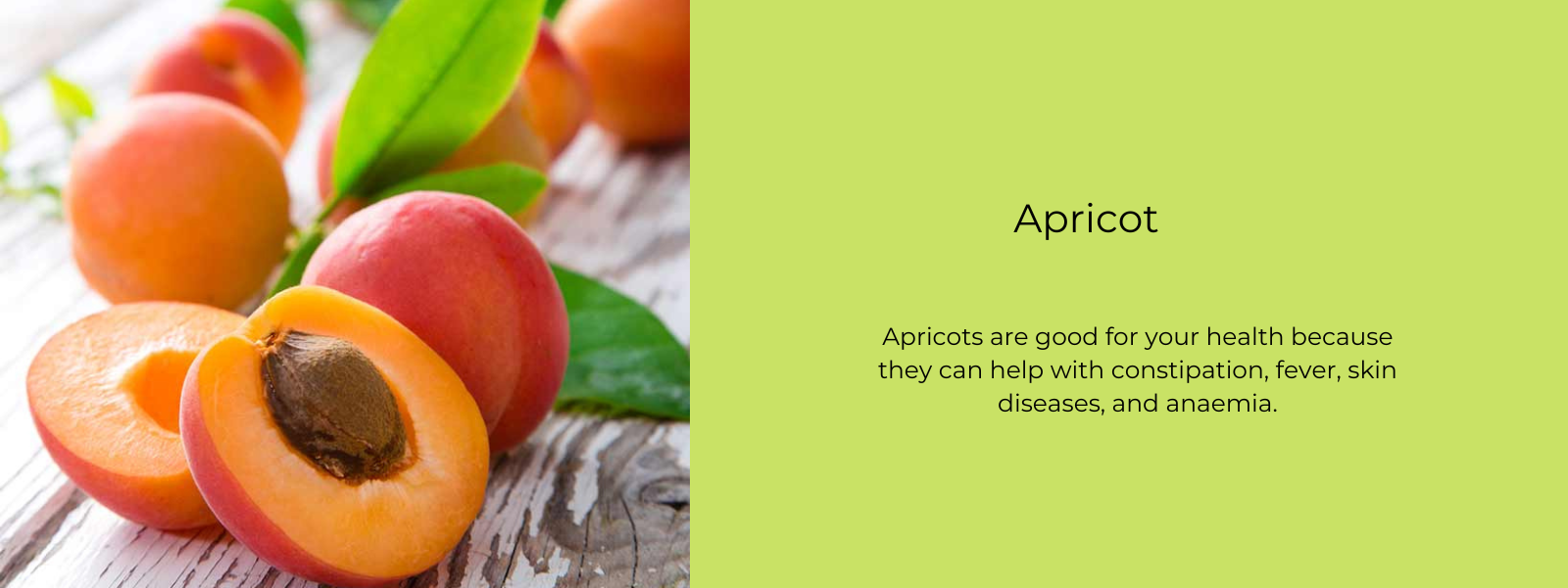

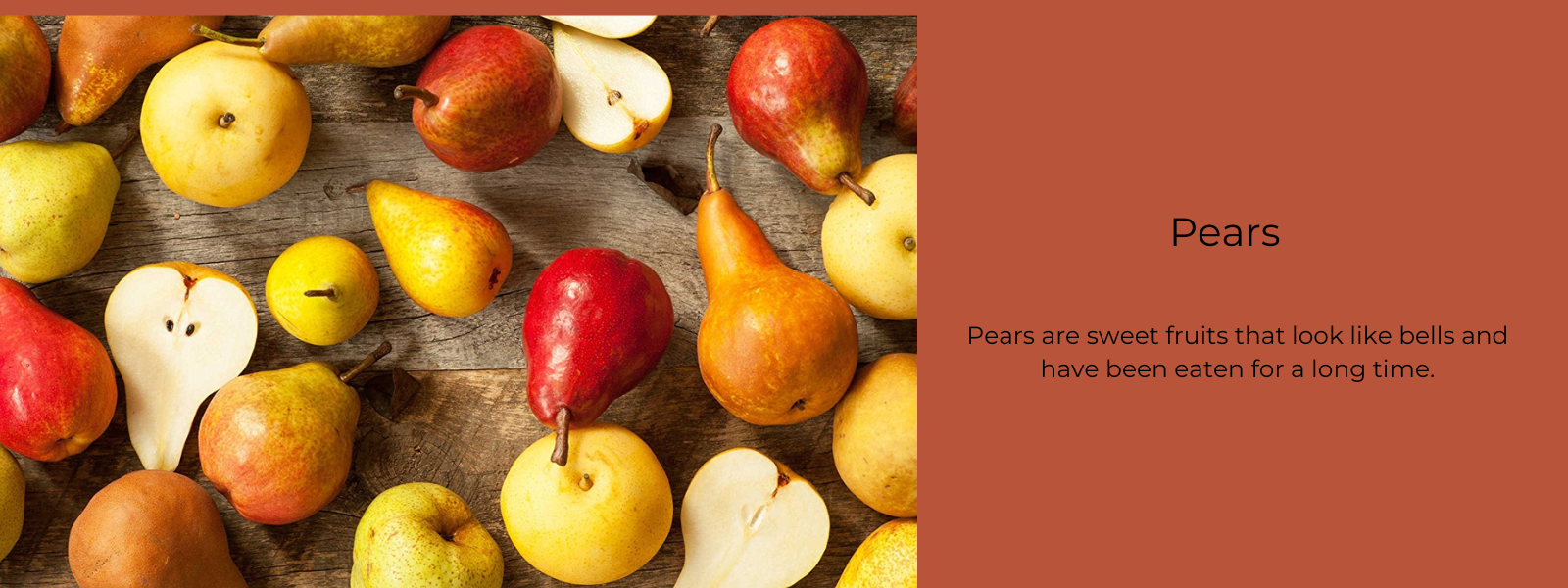
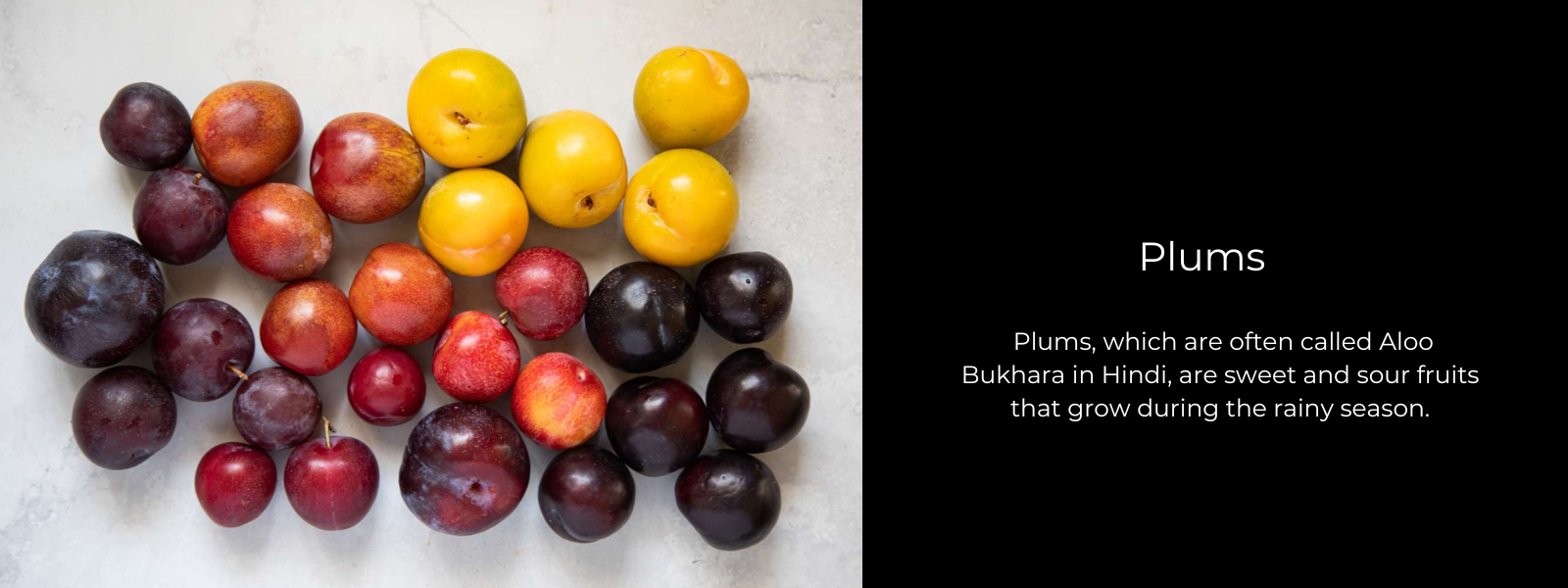
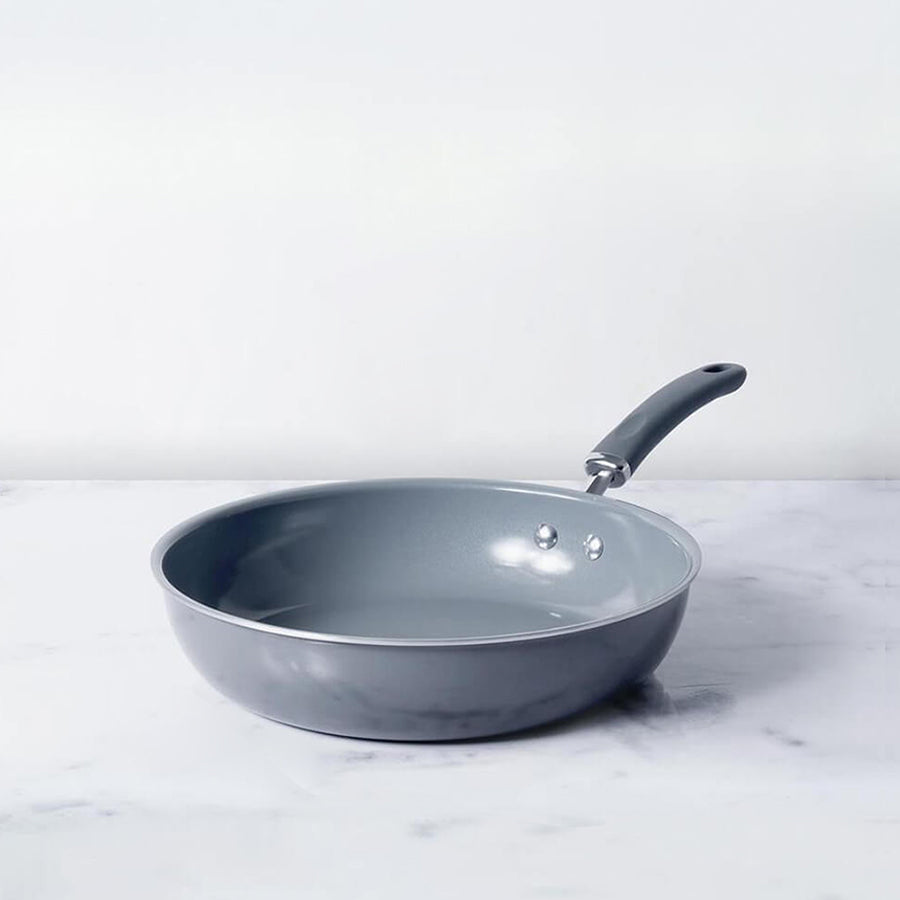
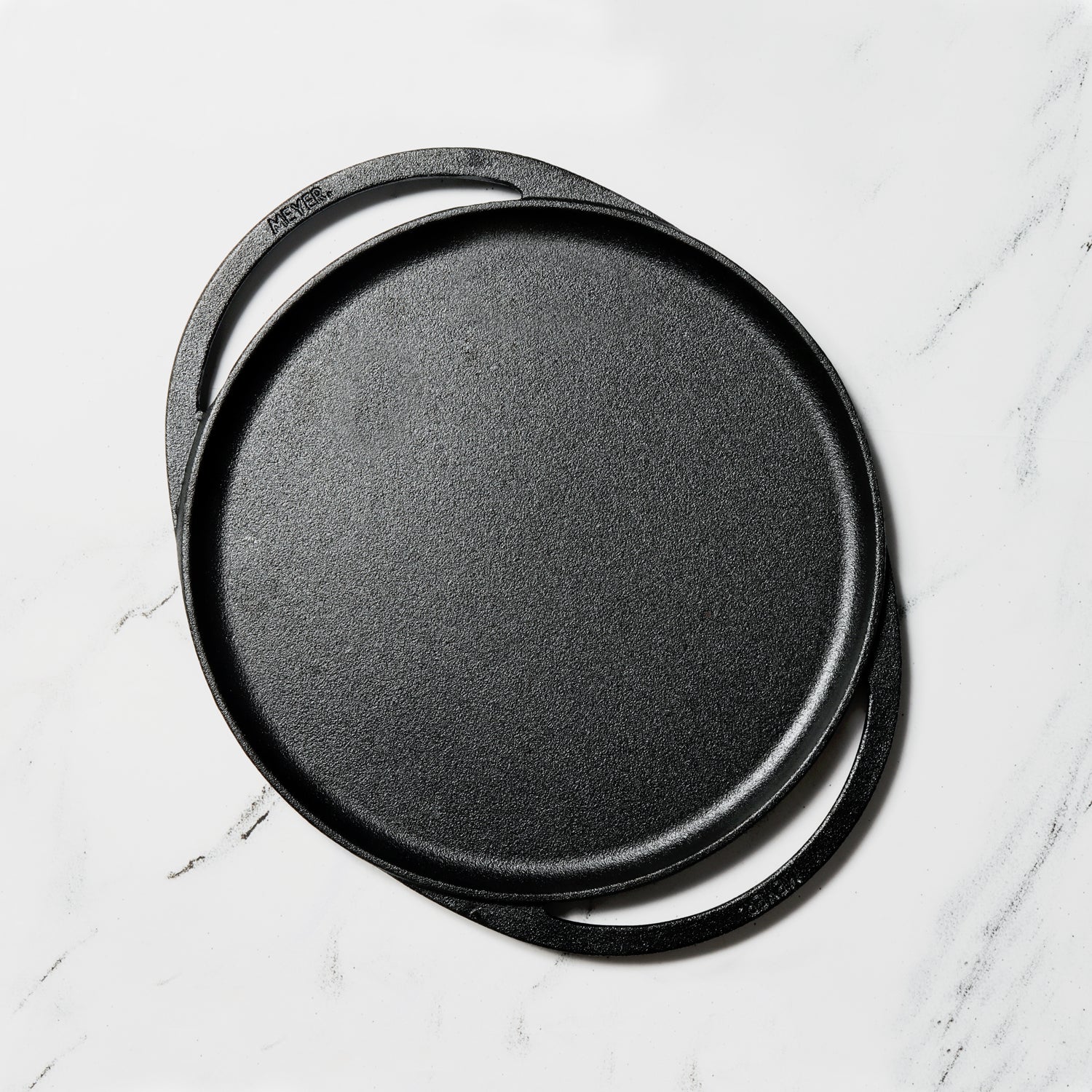




Leave a comment